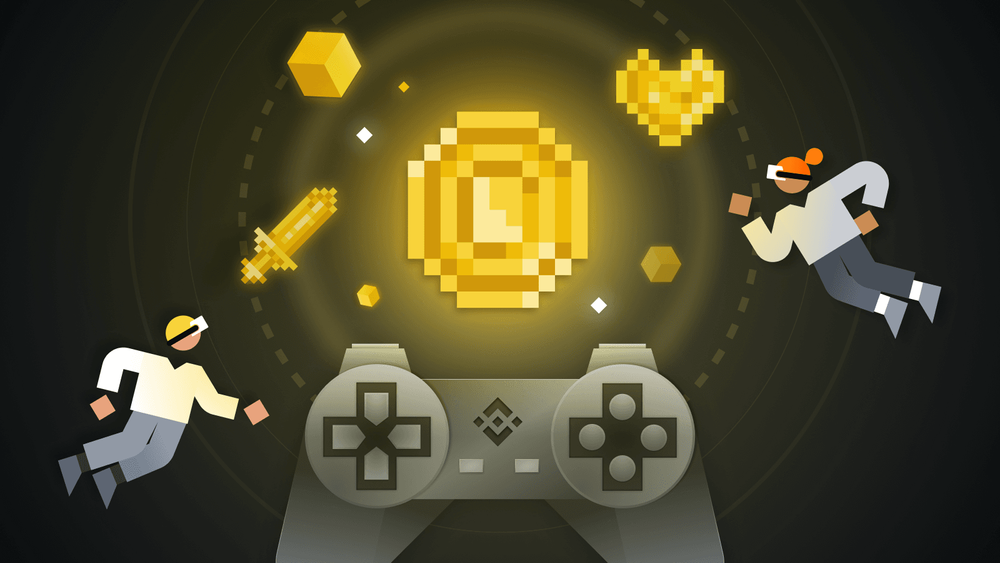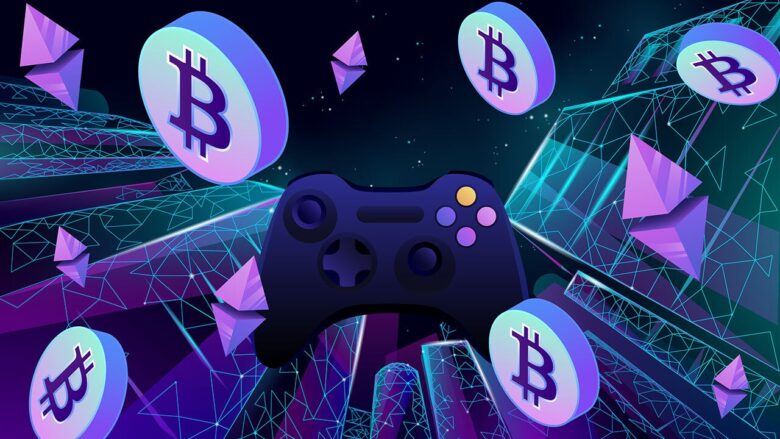The gaming industry, a powerhouse of global entertainment, is undergoing a profound transformation with the advent of crypto gaming. Moving beyond traditional models, these new experiences integrate blockchain technology, non-fungible tokens (NFTs), and cryptocurrencies to redefine ownership, incentivize participation, and create entirely new economic ecosystems within virtual worlds. For CEOs in entertainment, technology, or investment, understanding this rapidly evolving sector is crucial, as it represents a significant shift in how value is created, distributed, and experienced in digital entertainment.

Redefining Ownership: Play-to-Earn and Digital Assets
At the heart of crypto gaming is the concept of true digital ownership. In traditional games, players “buy” in-game items, but they don’t truly own them; these assets remain under the control of the game developer. Crypto games, however, leverage NFTs to represent unique in-game items, characters, or virtual land. When a player acquires an NFT in a game, they own it on the blockchain, meaning they can trade it, sell it, or even use it in other compatible games, without needing permission from the game developer.
This shift enables the revolutionary “Play-to-Earn” (P2E) model. Unlike traditional games where value flows primarily from the player to the developer, P2E games allow players to earn real-world value through their gameplay. This can involve:
- Earning cryptocurrencies: By completing quests, winning battles, or participating in in-game economies.
- Acquiring valuable NFTs: Which can then be sold on marketplaces for cryptocurrency or fiat money.
- Staking tokens: Earning passive income by locking up game-specific cryptocurrencies.
This model not only offers new revenue streams for players, particularly in developing economies, but also fosters deeper engagement and creates self-sustaining economies within games, turning players from mere consumers into active stakeholders.
The Technological Backbone: Blockchain and Smart Contracts
The foundation of crypto gaming lies in blockchain technology. Networks like Ethereum, Polygon, BNB Chain, and specialized gaming blockchains provide the secure and transparent ledger necessary for tracking ownership of NFTs and recording transactions. Smart contracts automate the rules of the game’s economy, ensuring fairness and transparency in everything from reward distribution to asset trading.
The increasing efficiency of these blockchains, with lower transaction fees and faster speeds, is crucial for the seamless player experience demanded by gamers. As scaling solutions continue to mature, the technical barriers to widespread adoption of crypto games are steadily decreasing, paving the way for more sophisticated and immersive experiences that don’t compromise on gameplay.

Challenges and the Path Forward
Despite its immense potential, crypto gaming faces several challenges. Scalability remains a hurdle for some blockchains, though significant progress is being made. The initial high barrier to entry for some P2E games, requiring upfront investment in NFTs or tokens, can deter new players. Additionally, the speculative nature of some in-game assets and the overall volatility of cryptocurrency markets can create an unstable environment for players whose livelihoods depend on these games.
However, the industry is rapidly innovating to address these issues. Game developers are focusing on creating truly engaging and fun games, moving beyond simple earning mechanics. Investor interest remains high, funding new projects that push technological boundaries and improve user experience. As the technology matures, regulations become clearer, and game design evolves, crypto gaming is poised to become a mainstream pillar of the global entertainment industry, attracting a new generation of players and reshaping the very concept of digital economies.
ocs.






